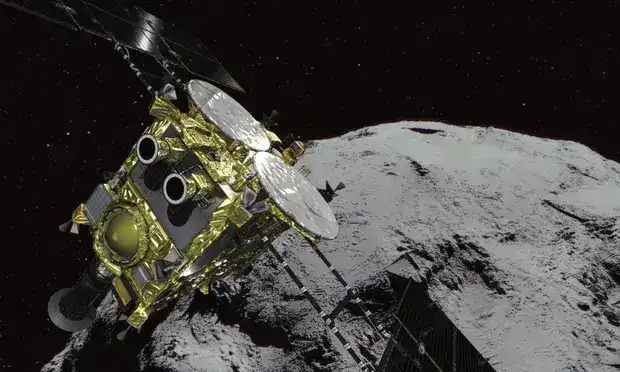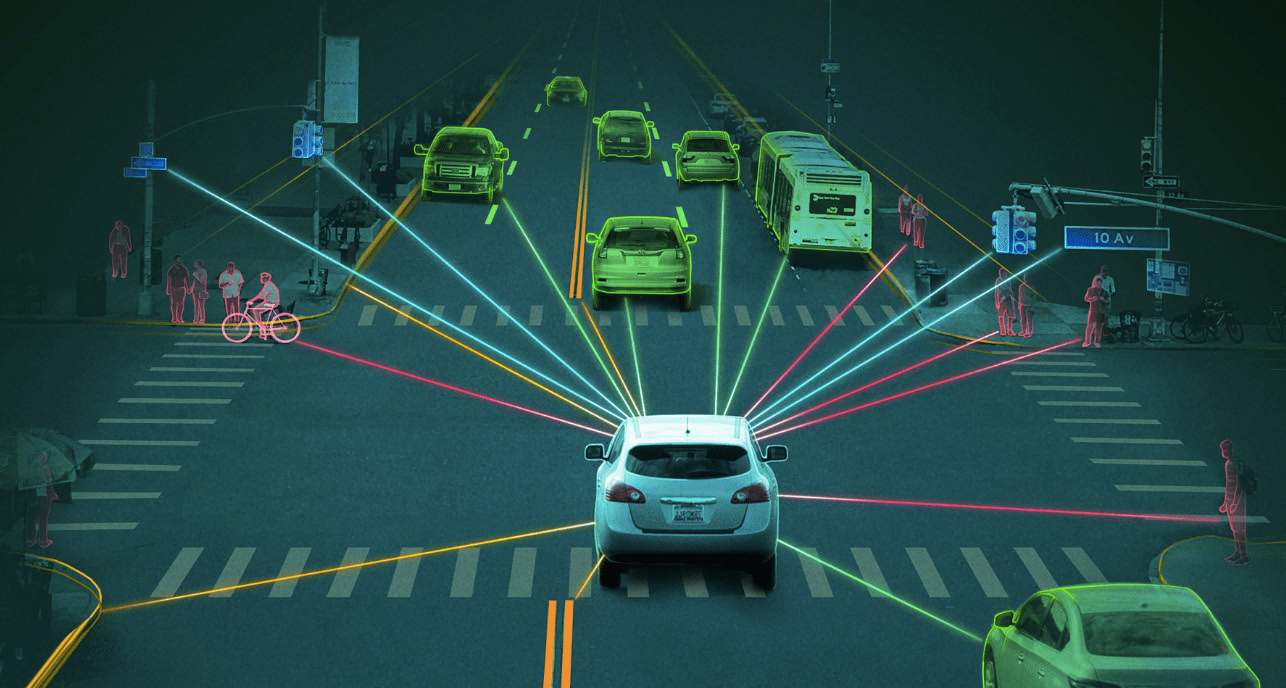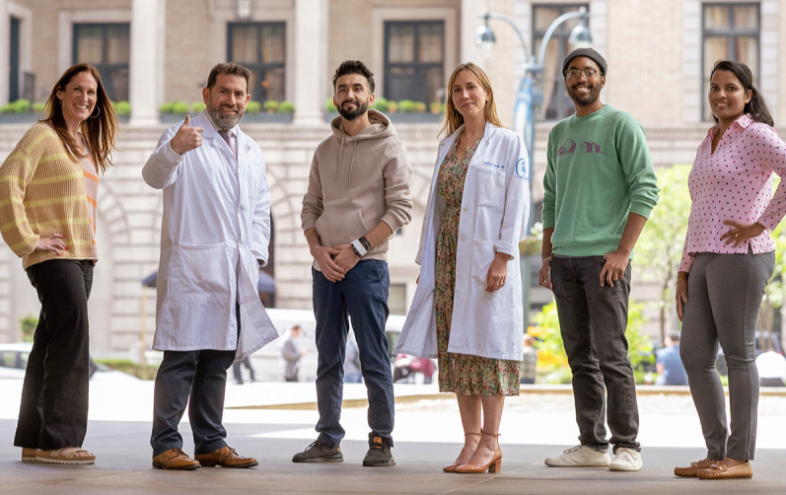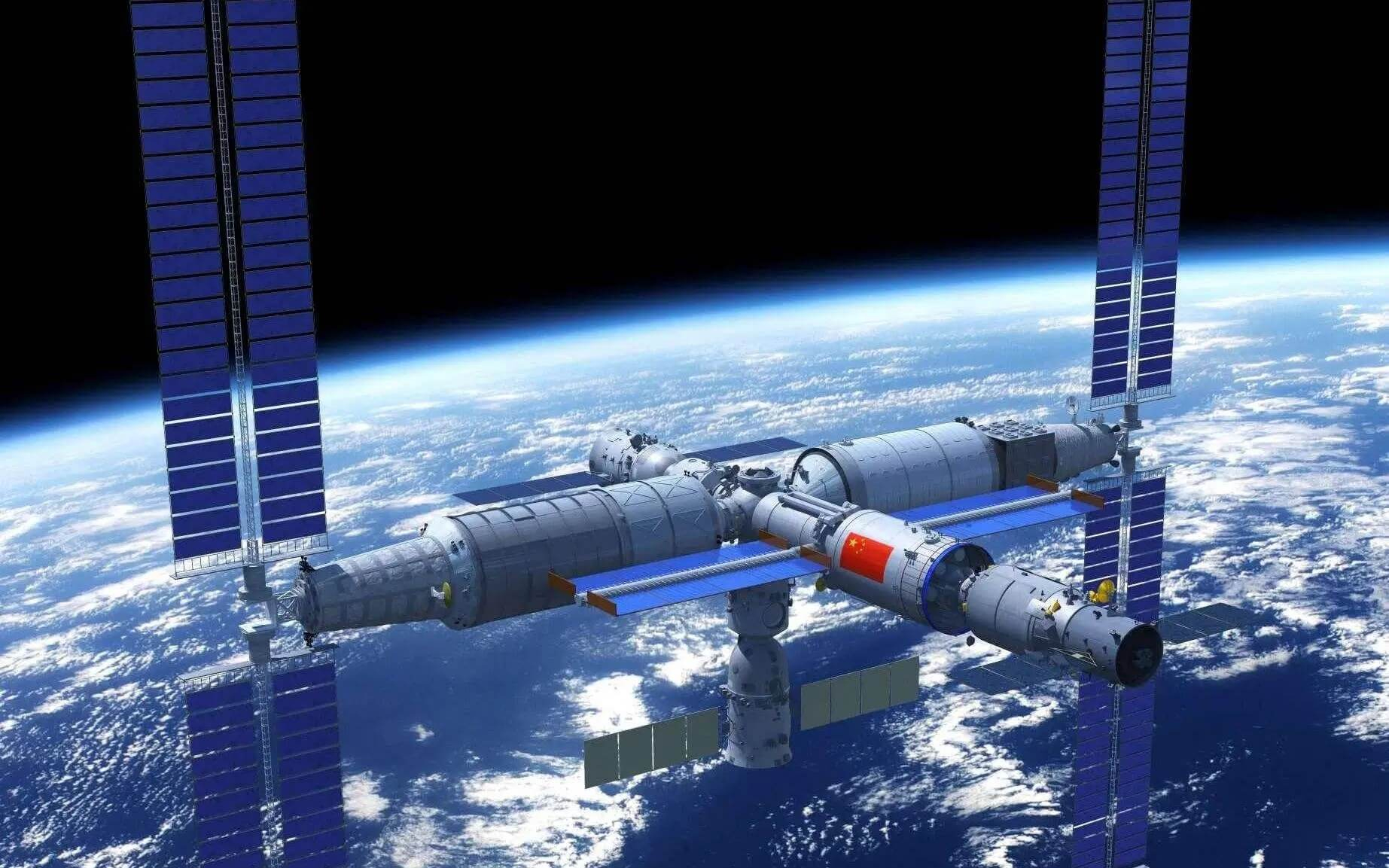Unlocking the secrets of the universe

Image: AP
A Japan-led international team of scientists recently published the first peer-reviewed scientific analysis of rocks taken from Ryugu, an asteroid orbiting the Sun.
🚀 Background: In December 2014, Japan launched a spacecraft that traveled nearly 2 billion miles before arriving at Ryugu in 2019, collecting a total of 5.4 grams of rock samples before turning back around.
- Upon returning to Earth in December 2020, the samples were distributed among various scientific groups, including one led by the Tokyo Institute of Technology (which authored the analysis).
☄️ What did they find?... The newly-published results suggest Ryugu is made from the same material that scientists theorize formed planets and the Sun a few billion years ago, called the solar nebula.
- The researchers also determined that Ryugu itself originated from a larger body that eventually smashed apart on impact with another asteroid.
🔬 Zoom out: A separate Japanese team in charge of chemically analyzing the Ryugu samples previously announced the discovery of more than 20 amino acids (aka the building blocks for life) at a scientific conference in March, raising the possibility that these molecules first came to Earth on comets and asteroids... so in theory, we're all aliens.😉
Share this!
Recent Science & Emerging Tech stories

Science & Emerging Tech
| June 10, 2022Tesla faces upgraded probe into Autopilot
🤖🚘 The National Highway Traffic Safety Administration revealed yesterday that it upgraded a probe begun last August examining more than a dozen crashes where Tesla vehicles using Autopilot mode struck first-responder vehicles stopped for roadway emergencies.

Science & Emerging Tech
| June 7, 2022100%, A+: The first cancer drug to ace a clinical trial
💊 In a medical first, a small clinical drug trial for cancer patients recently ended with a 100% remission rate, according to a peer-reviewed study published Sunday in the New England Journal of Medicine.

Science & Emerging Tech
| June 6, 2022Space Lines are Being Drawn
🛰 Yesterday, three Chinese astronauts arrived at Tiangong, the country's space station, tasked with the mission of completing its construction and in-orbit assembly.
You've made it this far...
Let's make our relationship official, no 💍 or elaborate proposal required. Learn and stay entertained, for free.👇
All of our news is 100% free and you can unsubscribe anytime; the quiz takes ~10 seconds to complete